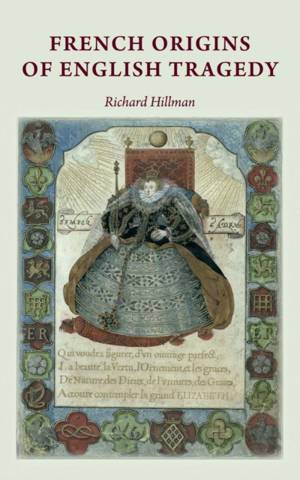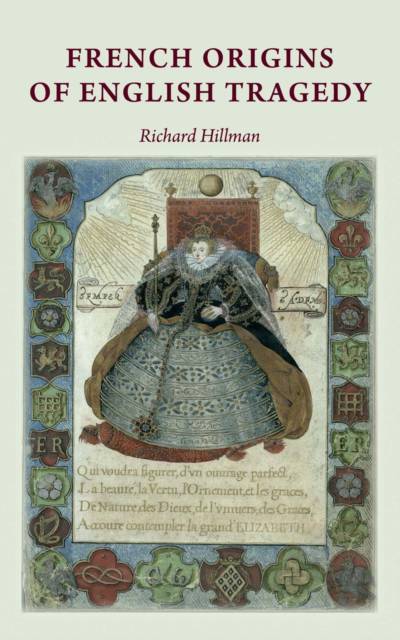
- Afhalen na 1 uur in een winkel met voorraad
- Gratis thuislevering in België vanaf € 30
- Ruim aanbod met 7 miljoen producten
- Afhalen na 1 uur in een winkel met voorraad
- Gratis thuislevering in België vanaf € 30
- Ruim aanbod met 7 miljoen producten
Omschrijving
Richard Hillman applies to tragic patterns and practices in early modern England his long-standing critical preoccupation with English-French cultural connections in the period. With primary, though not exclusive, reference on the English side to Shakespeare and Marlowe, and on the French side to a wide range of dramatic and non-dramatic material, he focuses on distinctive elements that emerge within the English tragedy of the 1590s and early 1600s. These include the self-destructive tragic hero, the apparatus of neo-Senecanism (including the Machiavellian villain) and the confrontation between the warrior-hero and the femme fatale.
The broad objective is less to 'discover' influences - although some specific points of contact are proposed - than at once to enlarge and refine a common cultural space through juxtaposition and intertextual tracing. The conclusion emerges that the powerful, if ambivalent, fascination of the English for their closest Continental neighbours expressed itself not only in but through the theatre.Specificaties
Betrokkenen
- Auteur(s):
- Uitgeverij:
Inhoud
- Aantal bladzijden:
- 121
- Taal:
- Engels
Eigenschappen
- Productcode (EAN):
- 9780719088476
- Verschijningsdatum:
- 30/09/2012
- Uitvoering:
- Paperback
- Formaat:
- Trade paperback (VS)
- Afmetingen:
- 140 mm x 216 mm
- Gewicht:
- 149 g

Alleen bij Standaard Boekhandel
Beoordelingen
We publiceren alleen reviews die voldoen aan de voorwaarden voor reviews. Bekijk onze voorwaarden voor reviews.











